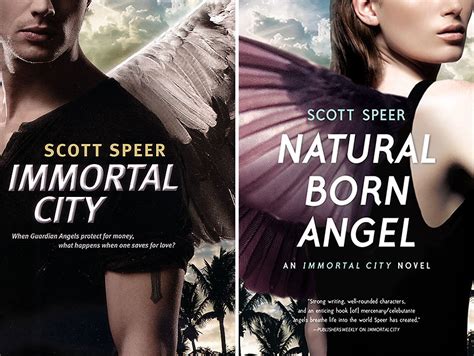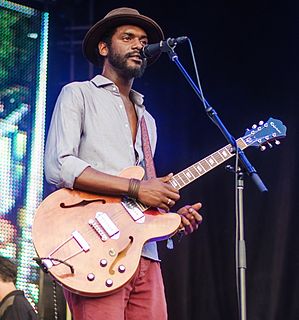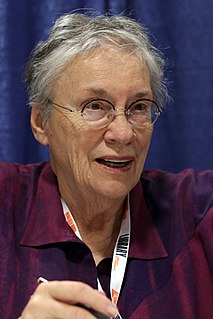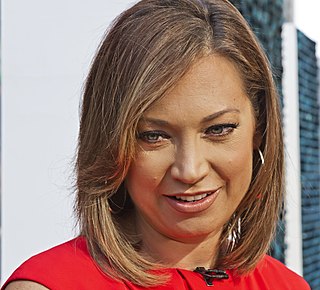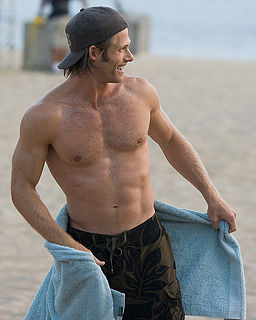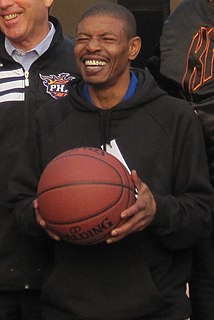A Quote by Rainbow Rowell
The first time he'd held her hand, it felt so good that it crowded out all the bad things. It felt better than anything had ever hurt.
Related Quotes
Jacks stood beside her. Instead of saying anything, she felt his fingers trace up her palm and then lace into hers. He had taken her hand before, quickly and for functional reasons—usually to drag her off to someplace she didn’t want to go—but he had never held her hand. Not the way couples did in parks or lovers did in old movies. Maddy stood there and felt the heat of his grip. It made her think of that first night in the diner, when they had talked about pretend memories and she had felt so connected to him.
I was just a very emotional player. I wore my emotions on my sleeve. I pretty much told you how I felt. I didn't mince words, so to speak. If I felt bad, I let you know that I felt bad. If I felt you were playing sorry, I told you. If I was playing sorry, I told myself that. I came from an era when losing really hurt. I didn't see anything good about it.
At that moment a very good thing was happening to her. Four good things had happened to her, in fact, since she came to Misselthwaite Manor. She had felt as if she had understood a robin and that he had understood her; she had run in the wind until her blood had grown warm; she had been healthily hungry for the first time in her life; and she had found out what it was to be sorry for someone.
and they shook hands, hit each other on the shoulder, then there was forty feet of distance between them and nothing to do but drive away in opposite directions. Within a mile Ennis felt like someone was pulling his guts out hand over hand a yard at a time. He stopped at the side of the road and, in the whirling new snow, tried to puke but nothing came up. He felt about as bad as he ever had and it took a long time for the feeling to wear off.
. . . this rage - I have never forgotten it - contained every anger, every revolt I had ever felt in my life - the way I felt when I saw the black dog hunted, the way I felt when I watched old Uncle Henry taken away to the almshouse, the way I felt whenever I had seen people or animals hurt for the pleasure or profit of others.
For the first time in a long time I thought about Maman. I felt as if I understood why at the end of her life she had taken a 'fiancé,' why she had played at beginning again. Even there, in that home where lives were fading out, evening was a kind of wistful respite. So close to death, Maman must have felt free then and ready to live it all again. Nobody, nobody had the right to cry over her. And I felt ready to live it all again too.
I felt a certain modicum of success because I had been paid well to be an actor for the first time in my life, but I felt like I had done adolescent work on the show, and stepping into the New York theater arena was the first time I felt like I'd come into my own. I felt like I was proving myself in a gladiatorial arena.
...she could express her soul with that voice, whenver I listened to her I felt my life meant more than mere biology...she could really hear, she understood structure and she could analyze exactly what it was about a piece of music that had to be rendered just so...she was a very emotional person, Annette. She brought that out in other people. After she died I don't think I ever really felt anything again.
They sat quietly together for a few minutes, Joe holding Fiona's hand, Fiona sniffling. No flowery words, no platitudes passed between them. Joe would have done anything to ease her suffering, but he knew nothing he might do, or say, could. Her grief would run its course, like a fever, and release her when it was spent. He would not shush her or tell her it was God's will and that her da was better off. That was rubbish and they both knew it. When something hurt as bad as this, you had to let it hurt. There were no shortcuts.
She rested her head against his and felt, for the first time, what she would often feel with him: a self-affection. He made her like herself. With him, she was at ease; her skin felt as though it was her right size.. It seemed so natural, to talk to him about odd things. She had never done that before. The trust, so sudden and yet so complete, and the intimacy, frightened her.. But now she could think only of all the things she yet wanted to tell him, wanted to do with him.
"She (Minnie Ruth Solomon) was unusual because even though I knew her family was as poor as ours, nothing she said or did seemed touched by that. Or by prejudice. Or by anything the world said or did. It was as if she had something inside her that somehow made all that not count. I fell in love with her some the first time we ever talked, and a little bit more every time after that until I thought I couldn't love her more than I did. And when I felt that way, I asked her to marry me . . . and she said she would."

